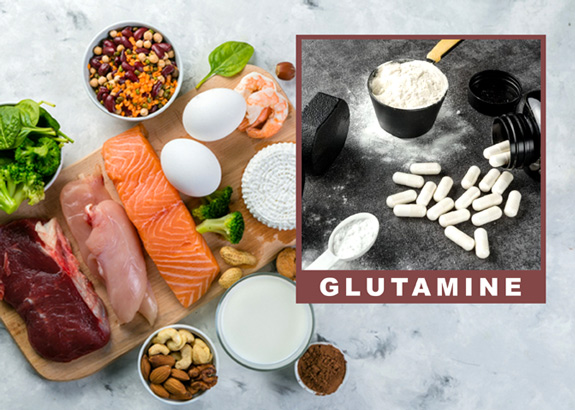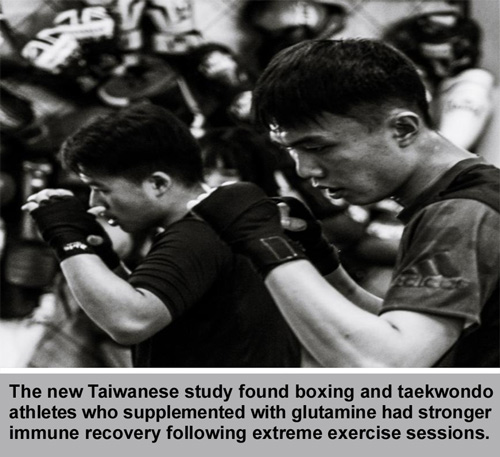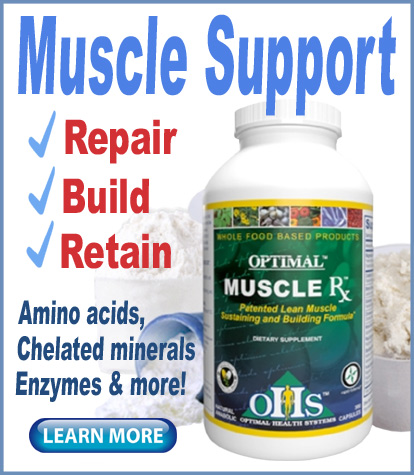According to new research conducted in Taiwan, supplementing with the amino acid L-glutamine has the ability to boost the recovery and performance of athletes following intense bouts of exercise.
For this new study researchers focused specifically on combat-sport athletes who participated in either taekwondo or boxing.
L-glutamine is an amino acid that plays a role in a variety of biochemical functions in the body, but is probably best known for its role in the biosynthesis of proteins.
Glutamine basics
What is L-Glutamine and Why Does It Matter?
The richest dietary sources of include protein-rich animal foods like beef, chicken, fish, dairy and eggs; however, glutamine is also found in vegetables, legumes, wheat and fermented foods.
In human blood, glutamine is the most abundant free amino acid. “L-glutamine” and “glutamine” both refer to the same amino acid. Whether the “L” prefix is present or not, all the glutamine that is found in food or supplements is L-glutamine.
The L designation represents the “levo” or left-spinning nature of the amino acid at the molecular level. While there is a mirror image of L-glutamine called D-glutamine—for “dextro” or right—it has no nutritional value, occurs only in minute amounts, and is useful only for lab research.
Glutamine is technically classified as one of the “non-essential or conditionally essential” amino acids since the body can usually synthesize sufficient amounts of it; however, it is now known that in instances of illness and stress the body’s demand for glutamine increases, so obtaining glutamine regularly from food or supplements can be hugely beneficial.
One of these “depletion” instances is when people participate in strenuous bouts of exercise. This has been demonstrated by previous studies and is coroborated in the new study.
Study Details: How L-Glutamine Benefits Combat-Sport Athletes
The randomized crossover trial recruited 21 high-level combat-sport athletes from the National Taiwan University of Sport. Participants consumed either a L-glutamine powder or a maldodextrin placebo in water for three weeks.
The amount of glutamine powder was .3 grams per kilogram of body weight (one kilogram equals 2.2 pounds). After 21 days the participants switched over to the other study group for an equal period.
“Regular training regimens during the study involved two-hour sessions five days a week. The regimen consisted of warm-up exercises, specific drills and strength and conditioning prior to sparring.
Saliva samples were collected both before and after the study period to measure salivary immunoglobulin, nitric oxide, testosterone and cortisol. Meanwhile “subjective well-being” and upper respiratory tract infection incidence were measured by wellness assessment and health checklists.
According to the findings of the study, published in the Journal of the International Society of Sports Nutrition, the three-week period of supplementation improved athletic recovery in several ways:
• Improvement in mucosal immunity
• Improvement in hormonal status
• Lower rates of upper respiratory tract infection
• Improved mood status after training
“Maintaining proper immune function and hormone status is important for athletes to avoid upper respiratory tract infection and insufficient recovery, which is detrimental to sport performance and health,” the researchers wrote in the study findings.
While addressing the known equation that glutamine deficiency occurs during periods of high-intensity and prolonged exercise, the researchers commented that their study demonstrated that this type of deficiency is at least partly responsible for the immune suppression and increased infection rates observed in what they termed “over-trained athletes.”
Takeaways for Athletes
For the athlete the study seems to provide strong evidence that glutamine intake is the opposite of “non-essential.” In fact, for extreme athletes it appears to be critical.
“These findings,” the researchers wrote in the study summary, “suggest that acute L-glutamine supplementation has the potential to prevent anabolic/catabolic hormonal disturbances caused by prolonged and intensive training to support health and improve sports performance in athletes.”
Glutamine, which is also a critical fuel source for immune cells and for amplifying muscle gain, can be found in Optimal Muscle Rx by Optimal Health Systems. Click banner ad on this page to learn more.
– – –
Source: Journal of the International Society of Sports Nutrition.



